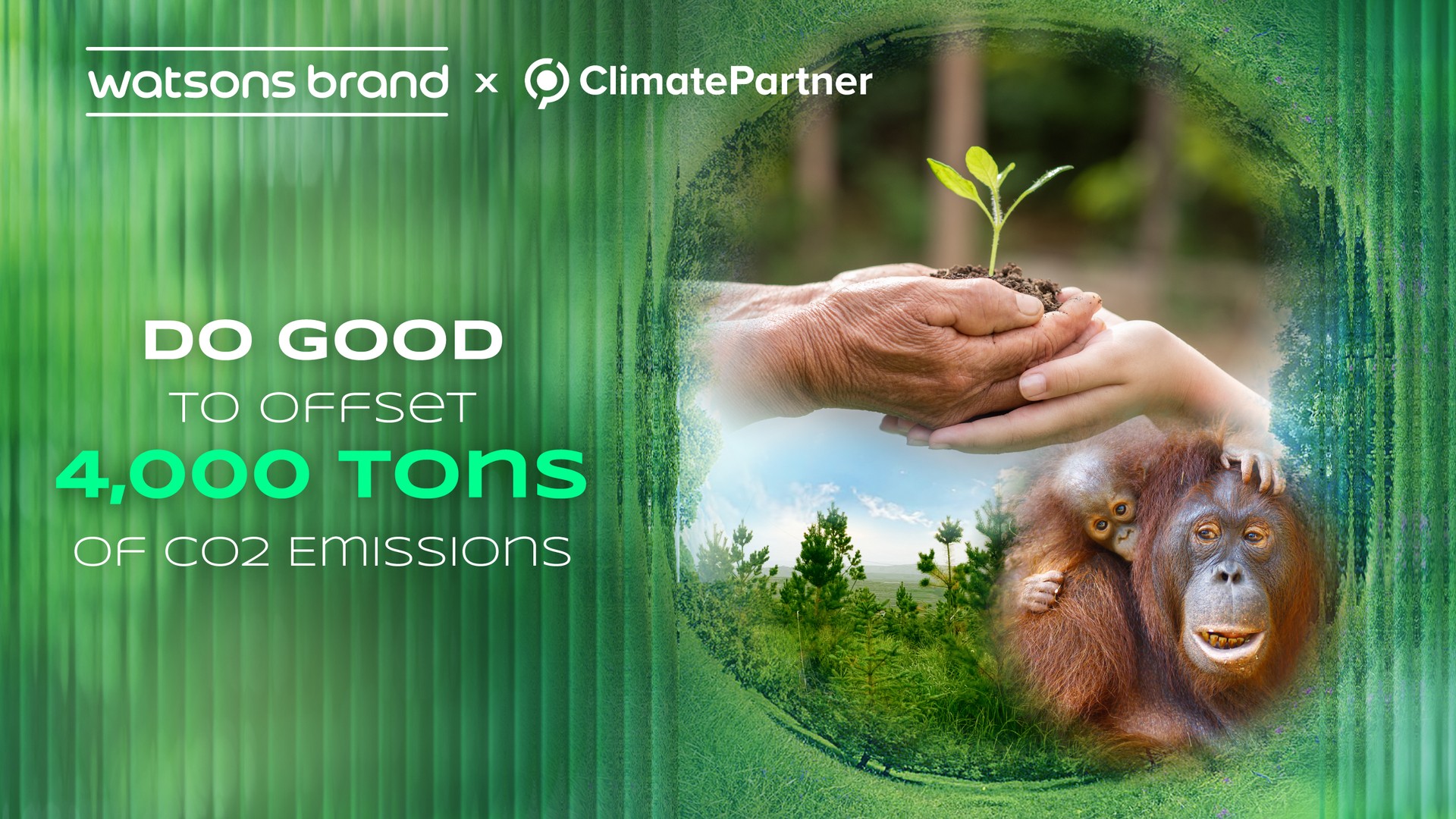Congratulations to the 35 scholars of the Pharmacy Assistant Apprenticeship Program under Watsons Philippines, in partnership with Punlaan School and TESDA. This programme blends classroom learning with on-the-job training at Watsons branches, equipping apprentices with the essential skills to thrive as pharmacy assistants. This initiative reflects Watsons’ commitment to empowering future healthcare professionals and promoting inclusive employment opportunities.
Watsons Philippines recently supported a medical mission in the heart of Mandaluyong, marking its 4th Caring for Health Medical Mission. This initiative aimed to provide free health check-ups and medical consultations to over 700 beneficiaries. The success of this mission highlights Watsons' ongoing commitment to making a positive impact in the communities it serves.
Building on the success of its first Greener Store in San Pedro, Laguna, Watsons Philippines is transforming four stores in Bonifacio Global City: High Street Plaza, Eco Tower, Bonifacio Technology Center, and Forbeswood Parklane into Watsons Greener Stores. These stores aim to reduce carbon emissions, conserve water, and minimise landfill waste through waste reduction and recycling programmes, as well as energy offsets. Each store features energy-efficient appliances, alongside fixtures and materials that are recyclable or made from recycled content. With a Refill Station and a curated range of more Sustainable Choices products, customers are empowered to embrace more sustainable lifestyles with every visit.
On Earth Day, Watsons, the flagship health and beauty brand of AS Watson, announces an expanded partnership with ClimatePartner to enhance its carbon compensation initiative. For every purchase of selected Watsons Sustainable Choice products, we aim to offset over 4,000 tons of CO2 emissions.
 On Earth Day, Watsons, the flagship health and beauty brand of AS Watson, announces an expanded partnership with ClimatePartner to enhance its carbon compensation initiative. For every purchase of selected Watsons Sustainable Choice products, we aim to offset over 4,000 tons of CO2 emissions.
On Earth Day, Watsons, the flagship health and beauty brand of AS Watson, announces an expanded partnership with ClimatePartner to enhance its carbon compensation initiative. For every purchase of selected Watsons Sustainable Choice products, we aim to offset over 4,000 tons of CO2 emissions.
Watsons Philippines recently hosted the vibrant Move with PowHER Forum, an event that celebrates the significant impact of women in shaping a progressive society. This forum aimed to empower, inspire and support every woman to become the best of themselves. Esteemed woman leaders shared their insights, sparking engaging discussions about the power of unity and support in recognising women’s vital roles today.

World Pharmacists Day is on 25 September, and it’s an annual opportunity to call out the great work pharmacists do every day.
“On this special day, we extend our heartfelt gratitude to more than 3,000 pharmacists and over 9,000 health professionals who work with AS Watson around the world, making our retail network a preferred destination for trusted health advice, health services and products,” said Dr. Malina Ngai, Group CEO of AS Watson.
Watsons Philippines recently organised a sustainability-focused art competition titled "Reimagine, Recycle for a Better Future". An exhibition was held to showcase the outstanding creative works from over 30 artists who transformed discarded materials, such as plastic bottles, packaging, and other recyclables collected from Watsons' Recycle for Rewards bins, into stunning masterpieces. The event demonstrated Watsons' commitment to accelerating its sustainability efforts to create a positive impact on the environment.
Watsons Philippines just had the grand opening of its first greener store in San Pedro, Laguna. The Watsons Greener Store is a pioneering project, utilising renewable energy, sustainable store materials, and energy-efficient appliances. The store's materials and fixtures adhere to greener building standards. This ensures that the store's operations align with environmental standards, significantly reducing its carbon footprint. The store also provides Sustainable Choices products, a Refill Station, and Waste Minimisation Initiatives to customers, empowering them to embrace a sustainable lifestyle.
As Earth Day approaches, Watsons, the flagship health and beauty brand of AS Watson Group, is proud to launch Naturals by Watsons’ Special Edition Blue Beauty range in Hong Kong, Thailand and Taiwan markets, as well as plans to expand to Malaysia, Philippines and Singapore.








